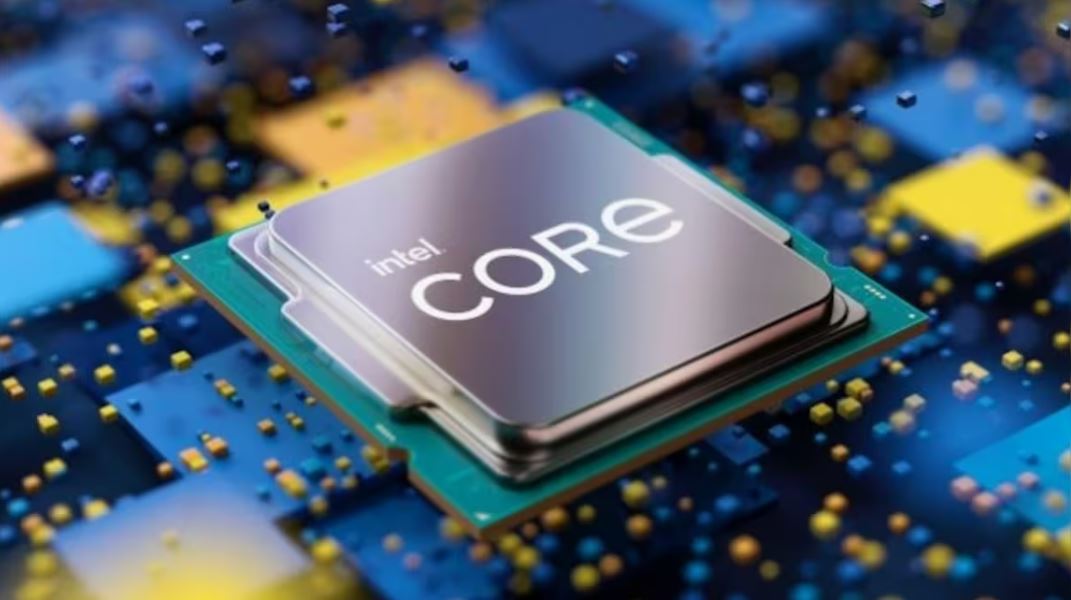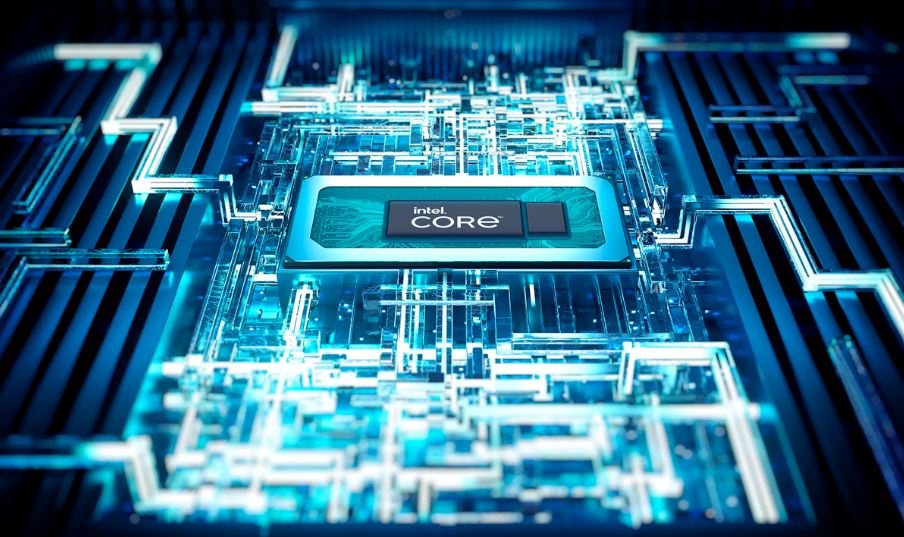Things aren’t looking good for Intel. In a recent interview with a major European PC parts retailer, it was revealed that Intel’s 13th Gen Raptor Lake processors have a return rate four times higher than previous generations.
To make matters worse, the 14th Gen Raptor Lake Refresh processors have a return rate three times higher than the 12th Gen models, suggesting that Intel might be facing serious issues.
Please follow us on Twitter and Facebook
According to data from French outlet, only 1% of AMD processors were returned in 2020, while Intel had a return rate of 1.75% during the same period. Since AMD’s return rate has remained stable since then, we can estimate that Raptor Lake chips have a return rate of 4% to 7%, while Raptor Lake Refresh processors have a rate of 3% to 5.25%. It’s important to note that these numbers reflect returns from developers, not directly from Intel.
Intel has recently been in the news for instability issues with its Raptor Lake and Raptor Lake Refresh processors. Although the company has announced a mid-August update to address these crashing and instability problems, this software update won’t fix chips that are already malfunctioning or near failure. For instance, if an Intel Core i9-13900K processor doesn’t work correctly with NVIDIA drivers and crashes when launching a game, the only solution will be a return.
Affected Chips and Future Implications

According to the French outlet, the following Intel chips have been affected by these issues: Intel Core i9-14900KF, Intel Core i9-14900KS, Intel Core i9-14900, Intel Core i7-14700KF, Intel Core i7-14700K, Intel Core i9-13900KF, Intel Core i9-13900KS, and Intel Core i9-13900K.
This is a significant problem for Intel, especially if the upcoming update negatively impacts chip performance. Additionally, Intel will need to replace any chips that cannot be repaired, potentially increasing the number of returns even further.
On a related note, AMD is also facing challenges, recently announcing a delay in the launch of its 9000 series CPUs due to an undisclosed issue.
Source: TomsHardware
Read Also: Intel And Qualcomm are not Allowed to Sell CPUs to Huawei





